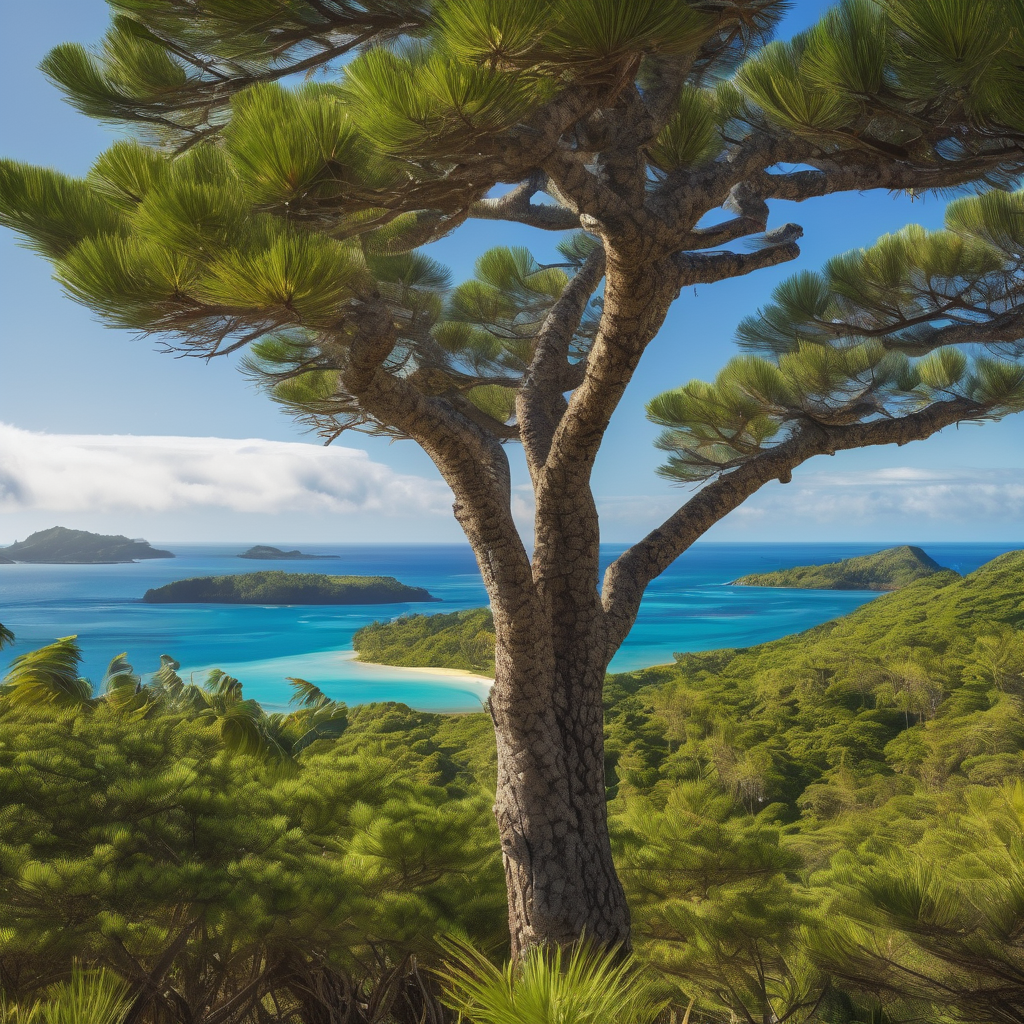Limited income and inadequate infrastructure have long posed challenges for maritime islands, yet the government’s Maritime Pine Project is paving the way for transformative changes. During her ministerial statement to Parliament, Minister for Forestry and Fisheries Alitia Bainivalu emphasized how this initiative is enhancing livelihoods in Kadavu and Gau, effectively turning forestry into a viable source of income and employment for remote communities.
The project, which exemplifies a solid partnership between the government, communities (or Vanua), and the private sector, has so far disbursed $1.53 million to landowners in Kadavu and Gau, benefiting approximately 1,500 individuals. These funds have been directed toward home building, education, small businesses, and various village improvements.
The government has committed a total of $16 million towards maritime pine development, supporting activities such as planting efforts and transport subsidies. With 26 barge voyages facilitating the transportation of 24,000 tonnes of pine to Lautoka, local producers are gaining access to national markets like never before.
Infrastructure improvements are also underway, with enhanced access roads in Kadavu and storage facilities in Vunisea and Narocake now serving more than 1,400 residents. Plans are in place for constructing harvesting jetties in Ono, Kadavu, and Lakeba, Lau, further bolstering local capabilities.
Central to the program’s ethos is sustainability, as highlighted by the replanting of 26,000 seedlings across 22 hectares. Notably, local youth and sports clubs, such as the Kadavu Rugby Union, are actively participating in replanting efforts, demonstrating the project’s community engagement aspect – the rugby union is even using forestry earnings to support its 2026 Skipper Cup campaign.
Opposition MP Semi Koroilavesau expressed his support for the initiative, observing that it fulfills a vision that dates back over 40 years when pine was first planted under the “green gold” project. He noted that transport subsidies are finally converting long-delayed harvests into tangible income for islanders, speaking highly of the project’s impact in areas such as Mwane, Nasinga, Moesomo, and Namalata.
Koroilavesau, who chairs the Yawe Pine Scheme, mentioned that his community is taking proactive steps by constructing its roads and wharf, facilitated by the government’s allocation of two barge loads carrying 2,000 tonnes of pine, showcasing the project’s far-reaching benefits.
This comprehensive initiative not only demonstrates a commitment to environmental sustainability and community development but also inspires hope for a more prosperous future for Fiji’s maritime populations. As similar projects resonate across the nation, including enhanced investments in sustainable forestry and community engagement, Fiji is well-poised to improve both livelihoods and environmental health for years to come.
